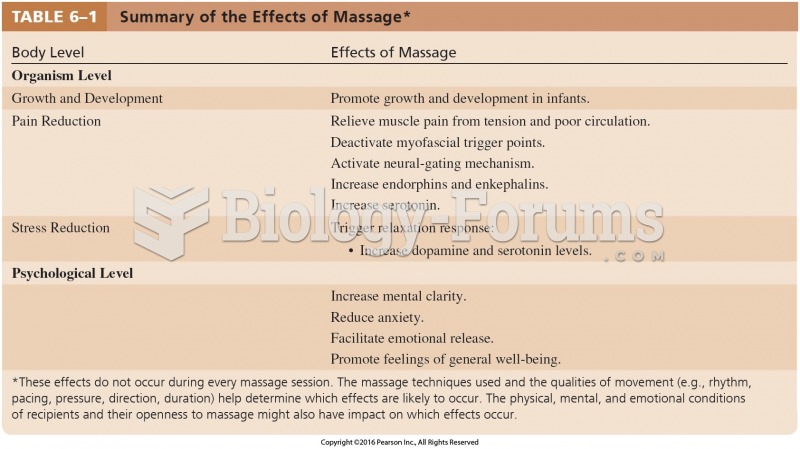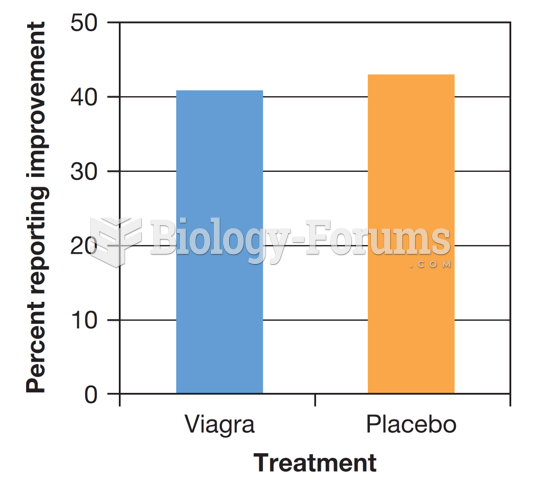|
|
|
Most childhood vaccines are 90–99% effective in preventing disease. Side effects are rarely serious.
Cyanide works by making the human body unable to use oxygen.
Historic treatments for rheumatoid arthritis have included gold salts, acupuncture, a diet consisting of apples or rhubarb, nutmeg, nettles, bee venom, bracelets made of copper, prayer, rest, tooth extractions, fasting, honey, vitamins, insulin, snow collected on Christmas, magnets, and electric convulsion therapy.
The newest statin drug, rosuvastatin, has been called a superstatin because it appears to reduce LDL cholesterol to a greater degree than the other approved statin drugs.
More than nineteen million Americans carry the factor V gene that causes blood clots, pulmonary embolism, and heart disease.







